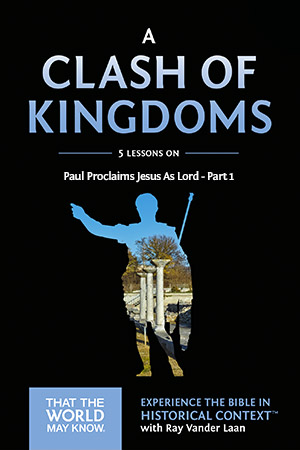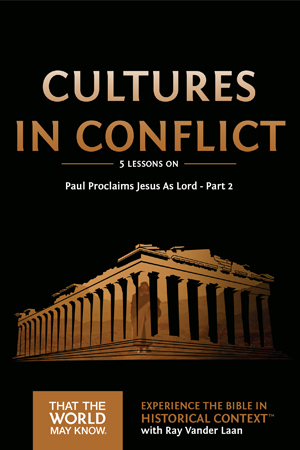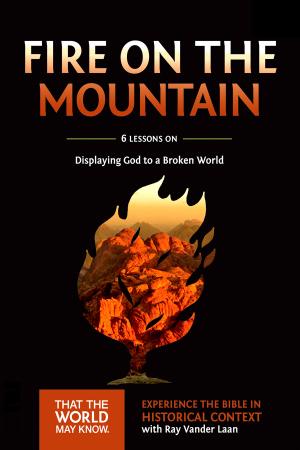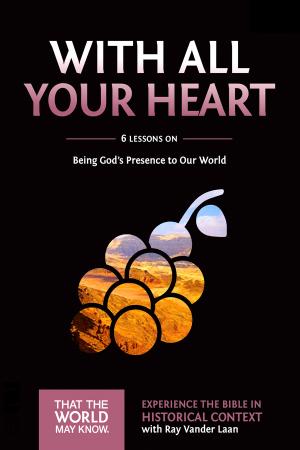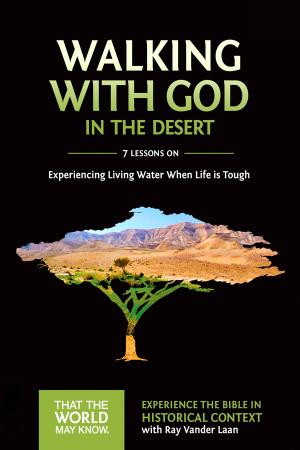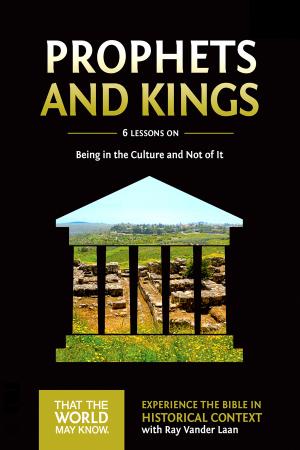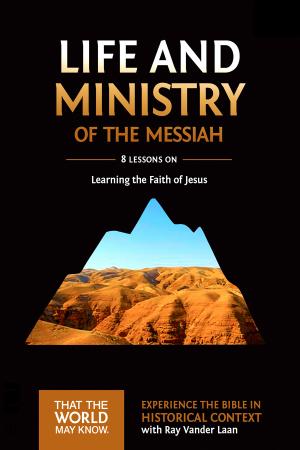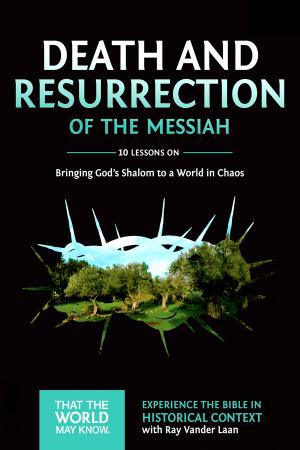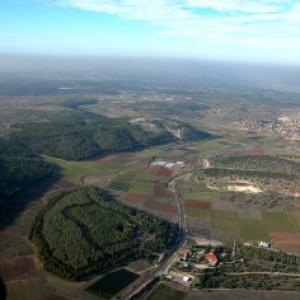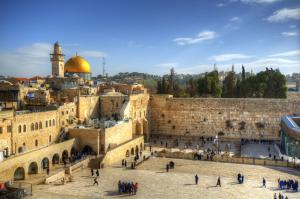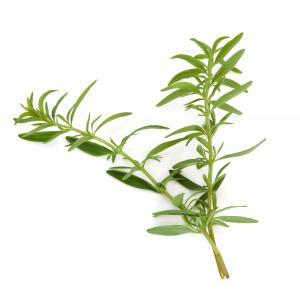
A plant whose twigs were used in ceremonial sprinkling.

Anything that is worshiped instead of the true God. In Bible times, idols were often statues of false gods made of wood, stone, or metal. Idolatry is the worship of idols.
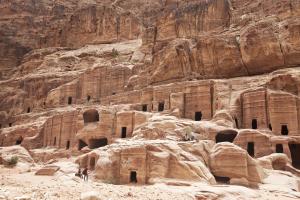
Another name for the city of Edom, meaning "red." Located south of the Dead Sea and west of Arabah; home of Herod the Great. Some early followers of Jesus came from Idumaea (Mark 3:8).

the name of the Messiah as prophesied by Isaiah, often represented in Christian exegesis as being Jesus Christ (Isa. 7:14).

Inserting a sharpened stake between the rib cage of a living victim, putting the stake into the ground so it stood erect, and leaving the victim hanging until the stake pierced a vital organ causing the victim to die. Impaling was one of the metho...

In Herod's FootstepsHerod lay dying in his opulent palace in Jericho. He had been seriously ill for a long time. From the description in Josephus' writings, Herod had gangrene, severe itching, convulsions, and ulcers. His feet were covered with tu...

Herod s Magnificent PalaceThe Herodion, third largest palace of its day, stood as a magnificent monument to Herod's wealth and power.The Herodion, third largest palace of its day, was built in the wilderness near Bethlehem. The huge structure was ...

The Greatest CityLocated at the most critical mountain pass on the Via Maris, Megiddo was the greatest city in the ancient world.In ancient times, Megiddo towered above the Plain of Jezreel. It was located along the Via Maris, the primary trade ro...

In Galilee, the ancient village of Qatzrin has been excavated and reconstructed. Although it was populated centuries after Jesus' time, scholars believe that the buildings and artifacts discovered there represent the practices of the first century...

This view is from the outer wall of the upper fortress of the Herodion. You can see the astonishing magnitude of this palace. Herod's workers began with a natural hill considerably higher than other hills in the area. They constructed double cyndr...
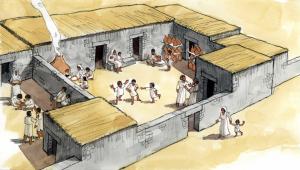
A family household arrangement common in Capernaum and Korazin, where many rooms%u2014residences for various family members%u2014were built around a central courtyard.

People in Galilee often lived in family housing complexes known as insulae (singular: insula). Although not everyone lived this way, many people (particularly extended families) combined living units around an open courtyard.This living arrangemen...

Early Christian believers often used the "fish" symbol. This may be because Jesus called his disciples to be "fishers of men" (Matt. 4:19). Or, perhaps the Greek word for fish, ixthus, was an acrostic for Jesus Christ, Son of G...

Jericho, which literally means "fragrant place," boasts a pleasant climate with plenty of sunshine and a lush oasis watered by Elisha's Spring. The city is located north of the Dead Sea, 17 miles from Jerusalem.There are actually three c...

Oasis next to a spring in the Great Rift Valley north of the Dead Sea. First city captured by the Israelites after wandering in the desert for 40 years.

Located in the Judea Mountains west of the Dead Sea on the rim of the Great Rift Valley at the edge of the Judea Wilderness. King David captured the mountain spur, and the existing town, Jebus, which became "David's City," the Israelites...

David's City
The Jerusalem of David's time, located on a narrow strip of land (Mount Moriah), was about ten acres in size and populated by aprroximately 1,500 people. The city was naturally defended by the Kidron Valley to the east and the Tyropea...
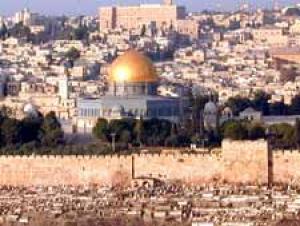
Just as it did in Jesus' day, modern Jerusalem stands as a center for Jewish culture and religion.

The Bible does not actually link the place of Gethsemane with a garden. It is called Gethsemane (Matt. 26:36) and an olive grove (in some versions, a garden). Both names are correct. Gethsemane (which means "oil[s] press") would have bee...
